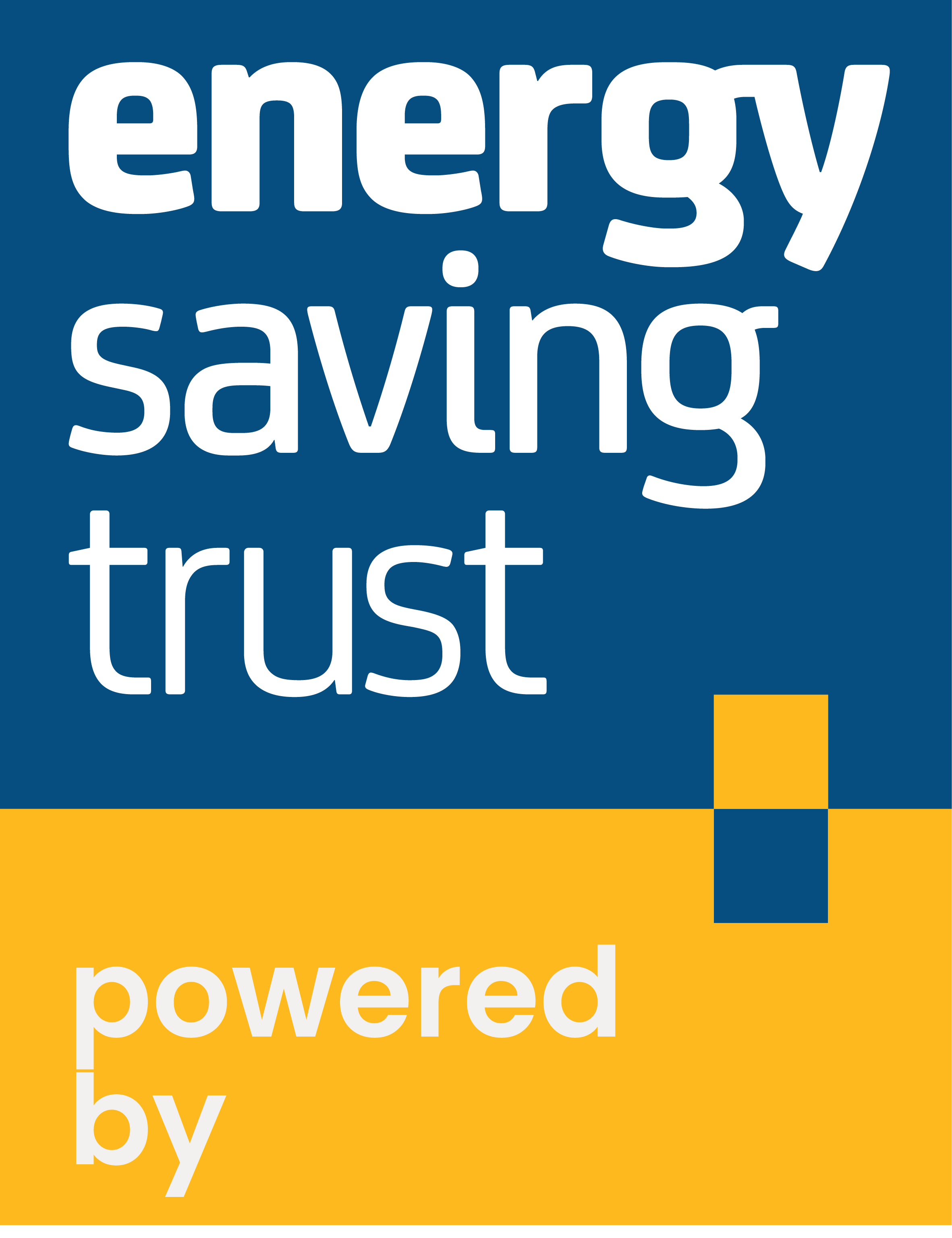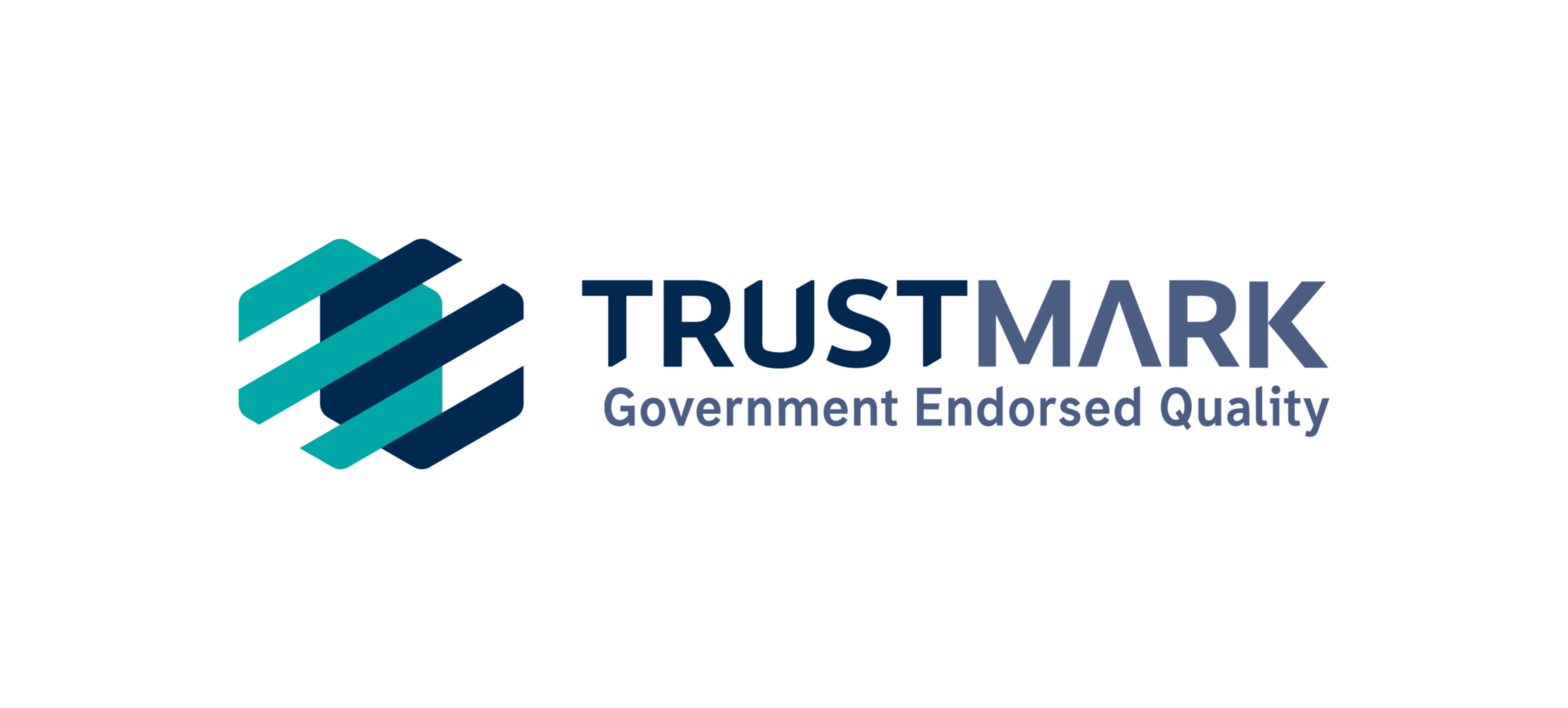Energy Performance Certificate
What is an EPC?


Energy Performance Certificate
What is an EPC?
An Energy Performance Certificate – or EPC – calculates how energy-efficient your property is and gives it a rating - from A (very efficient) to G (inefficient).
It helps you understand how your property currently uses energy and identifies where you may be able to make savings. It recommends improvements and tells you how much they might cost – then shows how much you could potentially save on your bills. Buildings produce a lot of carbon – they’re currently responsible for around 20% of the total emissions in the UK1. Given that we’ve also recently seen big increases in energy costs, it makes sense to make our properties more efficient.
You can use the Government EPC checker to find your existing EPC. And if you don't currently have one you can get a new energy certificate here.

Why is an EPC important?
A property needs an EPC when it’s built, and before it’s sold or rented. It’s a legal requirement to provide an EPC to anyone looking to buy or rent your property.
A good rating gives a fair indication that energy bills in that property will be lower, so it could make it more attractive to a potential buyer or tenant. It may even increase its value.
EPCs are valid for 10 years but if you do make any of the recommended improvements and your rating goes up, it’s worth getting it updated.

If you're a landlord
Rental properties currently need an EPC rating of E or above. However, the government are consulting on requiring all newly rented properties to be EPC rated C or above from 2025, and existing tenancies needing to comply by 2028.
Under the proposals, existing tenancies would have until 2028 to comply with the changes but it’s still worth considering what this change in legislation could mean to you in the future.
Why is an EPC important?

A good rating gives a fair indication that energy bills in that property will be lower, so it could make it more attractive to a potential buyer or tenant. It may even increase its value.
EPCs are valid for 10 years but if you do make any of the recommended improvements and your rating goes up, it’s worth getting it updated.
What does an EPC show?
An estimate of your current and potential energy costs
This includes your heating, hot water and lighting but not home appliances, such as your fridge or TV.
Your current energy efficiency rating
The higher your rating, the lower your fuel bills are likely to be. A is the highest and G is the lowest.
Your potential energy efficiency rating
What your rating might be if you carried out all the suggested improvements. In some cases there could be quite a difference in ratings, but you’ll need to take into account the cost of making those improvements.
Performance
A a detailed breakdown of each element of the property – walls, roof, floors, windows etc. – with a five-star rating system.
Heat demand
How much energy you use and how much you could save by fully insulating the property.
Recommendations
These are listed in order of importance along with how much each improvement might cost, typical savings per year, and how it could improve your rating. (it’s important to know that each improvement in the list assumes the ones before it have been carried out).
Could you save money on your energy bills?
It’s a guide only, but it could give you some great ideas on how small changes can make a difference to your energy bills.
Want help?
Our help section is bursting with useful information. If you'd rather chat, just give us a call.
Call us on 0800 121 8899
- Mon-Fri 8am-7pm
- Saturday 9am-2pm
- Sunday & Bank holidays Closed
Yesterday, people waited on average
17 seconds for savings enquiries
17 seconds for mortgage enquiries

Want help?
Our help section is bursting with useful information. If you'd rather chat, just give us a call.
Call us on
0800 121 8899
Saturday
Sunday
9am - 2pm
Closed
Closed
Yesterday, people waited on average
2 seconds for savings enquiries
27 seconds for mortgage enquiries





